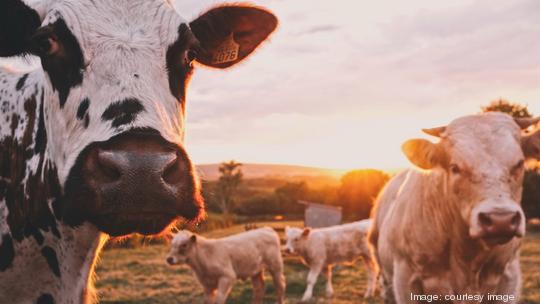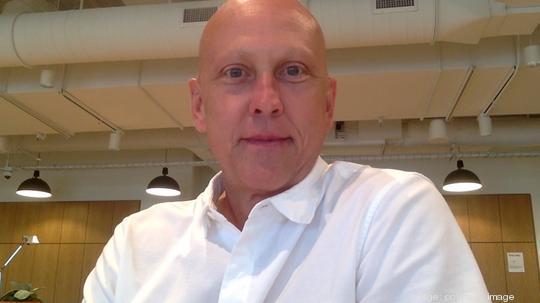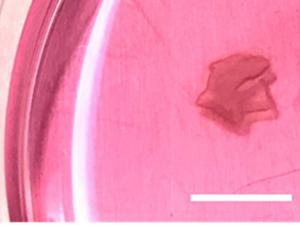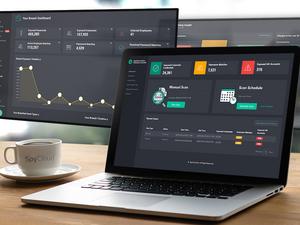
You’ve probably heard of — and possibly even tasted — plant-based or cultivated/cell-based alternative protein.
Think the Impossible Burger, for example, which is part of an industry expected to reach $3.9 billion by 2027, according to a study by Emergen Research.
Austin startup Botany AI is hoping to get in on the action through a third type of protein that skips the cow — precision fermentation.
“We introduce the DNA of a protein into a single-cell organism like yeast, using it like a miniature factory” which then gets to work efficiently reproducing the protein in a fermentation chamber or tank, said co-founder and CEO Charles Dykes. “We’re not using anything from the animal — just using the DNA sequence. We’re focused on creating animal-free real meat protein.”
Botany AI is hoping to raise $3 million to fund the first 18 months of product development.
It’s pitching today at Austin Technology Incubator’s Demo Days. Botany AI, founded last year, joined the incubator in May.

Dykes has worked in AI for the past 10 years.
“It was kind of a natural fit for me to apply AI to the food industry,” he said.
His co-founders are CMO Christian Goy and CDO Iga Hallberg.
The alternative protein industry is competitive. Austin Inno wrote about BioBQ earlier this year. It’s growing meat from cells instead of the slaughtered parts of the animal and hopes to be the first to bring cultivated — formerly known as cell-based — beef jerky and beef brisket to market.
Botany AI’s approach is “a very similar process to making beer, wine and cheese,” Dykes said.
The company’s team can “target the molecules we want,” focusing on taste and nutrition and cut out “hormones, antibiotics and other things that come along with factory farming,” he said.
Botany AI’s first product is a flavor peptide that reproduces the savory taste of beef, he said.
“It can be used in all kinds of different ways — soups, stews, processed foods,” he said. “We’re in discussions with two of the largest ingredient companies in the world and in partnership discussions to bring a consumer product to market.”
The company is building a team of experts in protein and materials chemistry, computational biology and bioengineering, Dykes said.
“We’re using computer vision to be able to design and synthesize protein chemistry,” he said. “If we can reproduce the same thing but in a better way, it becomes a no-brainer. In our case, rather than mimicking, we’re actually reproducing the same molecules. In some ways we’re rewriting the rules of what it means to be vegan.”
The company is creating a Botany AI research cloud — a “way for us to program biology at an industrial scale. It’s where we will do our simulation models — kind of like CAD for biology. That’s what will allow us to be repeatable and scale what we do.”







